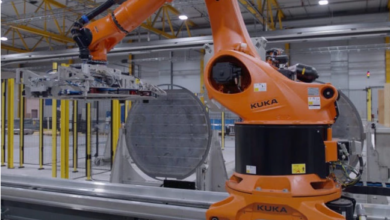Portland Cement Association urges state support for decarbonisation
PCA said that adopting CCUS technologies is key to achieving deep decarbonisation in the cement industry.

The Portland Cement Association (PCA) said that federal policy and support is vital to accelerate the deployment of technologies that can decarbonise the US industrial sector.
In its comments submitted to the US Department of Energy’s Advanced Manufacturing Office (AMO) stated that without strong federal support, AMO’s timeline to reach carbon neutrality across the industry is unrealistic. This is due to the significant technical, legal and economic challenges regarding technologies like carbon capture utilisation and storage (CCUS), and others including hydrogen fuel and kiln electrification.
CCUS would capture the 60% of cement sector emissions that come from converting limestone to clinker, the key ingredient in cement.
The PCA stated that hydrogen fuels and kiln electrification present potentially transformative emissions reduction technologies, but neither measure will be viable for at least 15-20 years:
- Hydrogen remains very expensive, and there is little current infrastructure for the transport and storage of hydrogen.
- More research and development is needed to evaluate the efficacy of kiln electrification as a decarbonisation measure, such as refining modelling assumptions, integrating different modelling frameworks, and conducting sensitivity analysis on various scenarios.
In mid-February, the US Department of Energy (DOE) announced two Requests for Information (RFI) to collect feedback from stakeholders to inform the implementation and design of the Bipartisan Infrastructure Law’s Regional Hydrogen Hub and the Electrolysis and Clean Hydrogen Manufacturing and Recycling Programs. The request will help accelerate progress, reduce technology costs, and ramp up the use of hydrogen as a clean energy carrier.
